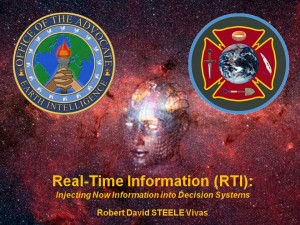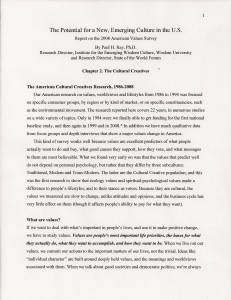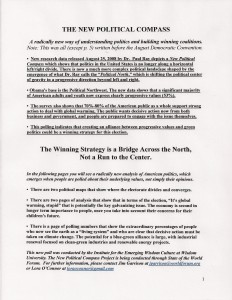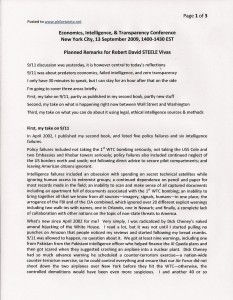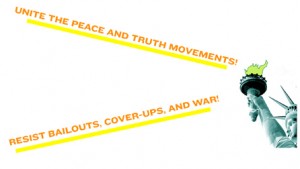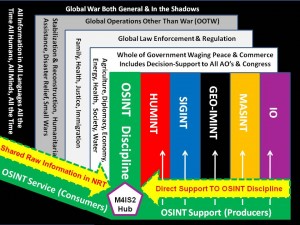
In 1988 a global campaign started at the Marine Corps Intelligence Center (MCIC) with the discovery that 80% or more of what the Marine Corps needed to do policy, acquisition, and operations support for this unique expeditionary and constabulary force, was not secret, not expensive, but also not known to anyone in Washington, D.C. Thus was the modern discipline of Open Source Intelligence (OSINT) inspired.
This is year 21 in a 25 year fight for the public interest, and although the USA remains “severely deficient” (as stated by the Aspin-Brown Commission in 1996), the US secret world refuses to act on the findings that also called for OSINT to be a “top priority” for both funding and for DCI/DNA attention. Neither of the last have been forthcoming, and it can be fairly said that until an Open Source Agency is established, as called for on pages 23 and 423 of the 9-11 Commission Report, the USA will continue to spend $75 billion a year on the 20% it can capture with secret sources and methods (less than 5% of which is actually processed, i.e. 1% of the totality), all to produce, “at best” 4% of what the President and many others now not served “need to know.”
The Nordic nations, and Sweden in particular through the Folke Bernadotte Academy, have led the way in conceptualizing M4IS operational and intelligence networks:


